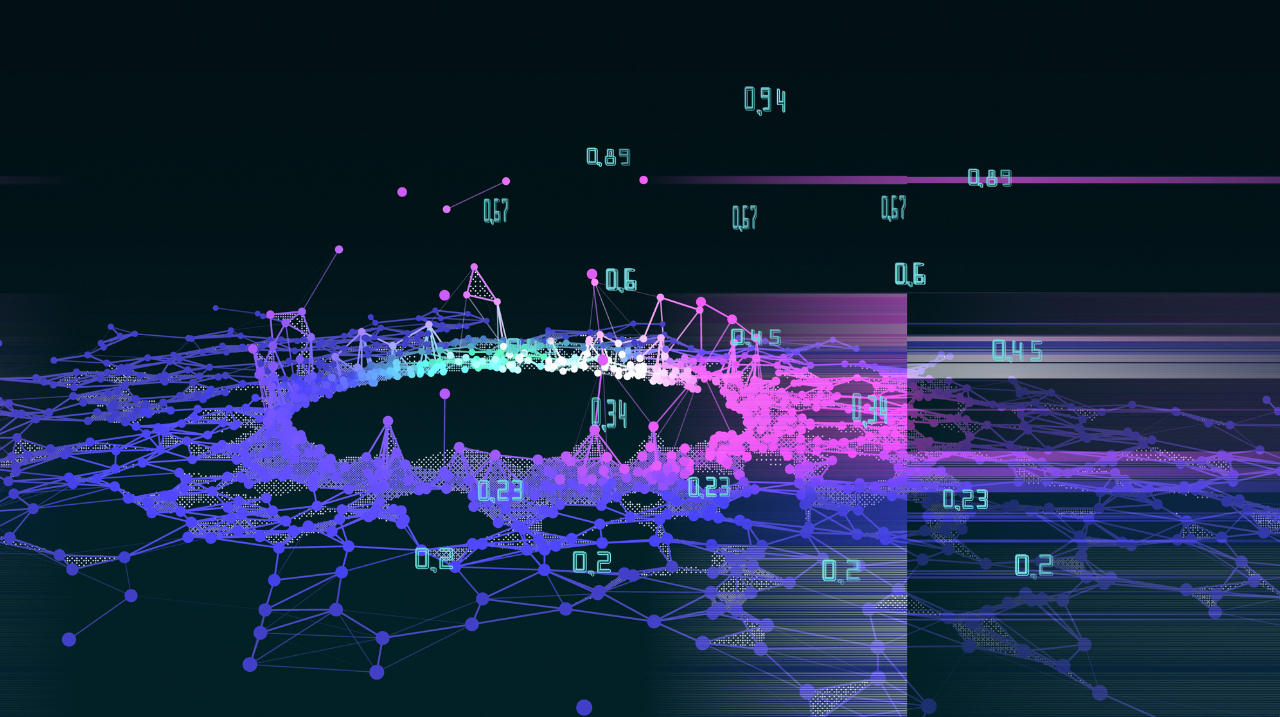In the first instalment of our data assets series, we discussed the crucial role large population health data resources, such as UK Biobank, play in drug discovery and development by providing the statistical influence needed to uncover subtle yet impactful insights that advance pharmaceutical innovation.
Now, we turn our attention to the challenges of managing data complexity within the healthcare sector itself. As the volume and variety of health data continue to grow, healthcare professionals and researchers face the task of extracting meaningful insights from an increasingly complex and expansive landscape.
The Rise of Digital Health Records
The widespread adoption of electronic health records (EHRs) has significantly transformed healthcare data management. These systems capture vast amounts of patient information, including diagnoses, treatments, and outcomes, in a structured format that supports in-depth analysis. Unlike traditional research methods relying on self-reported data from subjects, EHRs provide a more continuous and objective stream of information through standardised data collection at every engagement with the healthcare system.
Large-scale research initiatives, such as UK Biobank and FinnGen, have taken advantage of this wealth of EHR data by linking their consented participants’ medical records to research databases. This allows researchers to gather real-time information on participants’ health events, creating a more comprehensive and accurate view of individual health over time, while reducing participant burden.
Navigating the Complexities of Healthcare Data
While healthcare data presents significant opportunities, it also brings considerable challenges. This data can be fragmented, comprising clinical records, prescription codes, imaging data, and unstructured free-text notes, which can be difficult to integrate and analyse consistently. This fragmentation may slow access to relevant information, complicating decision-making.
Additionally, issues such as missing data, coding inconsistencies, and data overload can obscure valuable insights. Healthcare professionals may find it difficult to navigate this complexity, potentially delaying decision-making or leading to incomplete assessments.
Distinguishing Signal from Noise
To effectively navigate healthcare data, it’s essential to distinguish between valuable insights and irrelevant information. Techniques like natural language processing (NLP) and dimensionality reduction can help extract meaningful patterns from large, unstructured datasets and identify relevant signals amid the noise.
By applying these methods, healthcare providers and researchers can improve the accuracy of diagnoses, tailor treatment plans, and optimise clinical trials. Misinterpreting or missing key signals could have serious adverse consequences, including delayed diagnoses or suboptimal treatments, which underscores the importance of effective data management practices.
Strategies for Effective Healthcare Data Management
To harness the full potential of healthcare data, effective management is essential. Key techniques, including data cleaning, normalisation, and feature extraction, help improve data quality and usability. AI and machine learning can also automate these processes, enhancing efficiency and accuracy.
Effective harmonisation of disparate data sources is another important strategy. Standards like the Observational Medical Outcomes Partnership (OMOP) Common Data Model aim to standardise and structure healthcare data from different systems into a common format, for large-scale analysis and research. Real-time data processing and continuous monitoring further support dynamic decision-making in clinical environments.
Enhancing Decision-Making with Advanced Analytics
The integration of predictive analytics and AI into healthcare offers The integration of predictive analytics and AI into healthcare offers significant potential. These technologies enable healthcare professionals to derive actionable insights that can improve diagnostic accuracy, personalise treatments, and streamline clinical trial processes.
For example, AI applications in medical imaging are now improving diagnostic capabilities, while AI-powered models are also helping to enhance clinical trial recruitment and retention. These technologies may identify patient subgroups that may respond better to specific treatments, supporting a more personalised approach to healthcare.
As the scale and complexity of healthcare data continue to increase, effective data management and advanced analytics will be essential to unlocking the insights that can drive better patient outcomes.
To learn more about how your organisation can manage healthcare data complexity and leverage advanced analytics, please reach out to our team here.



